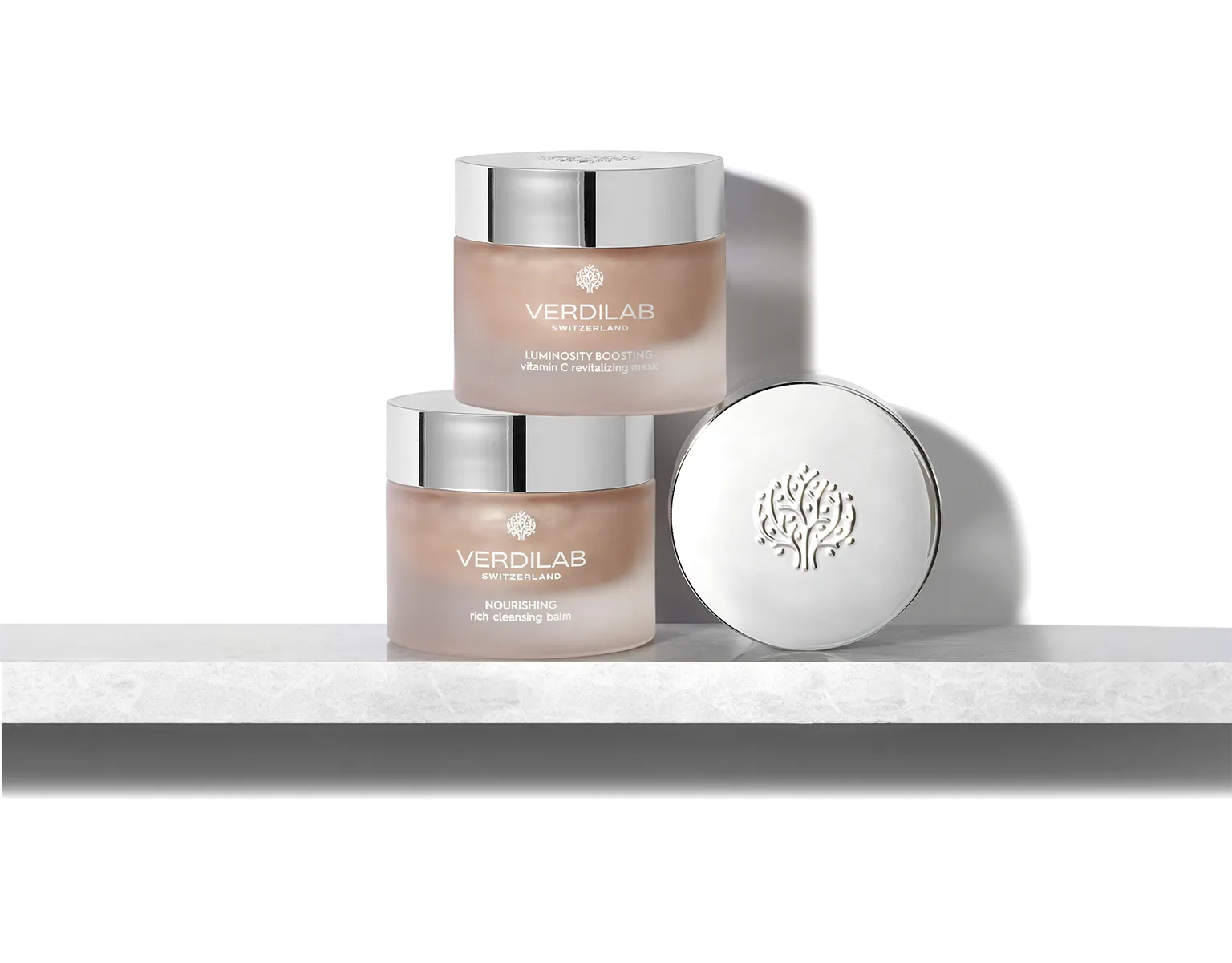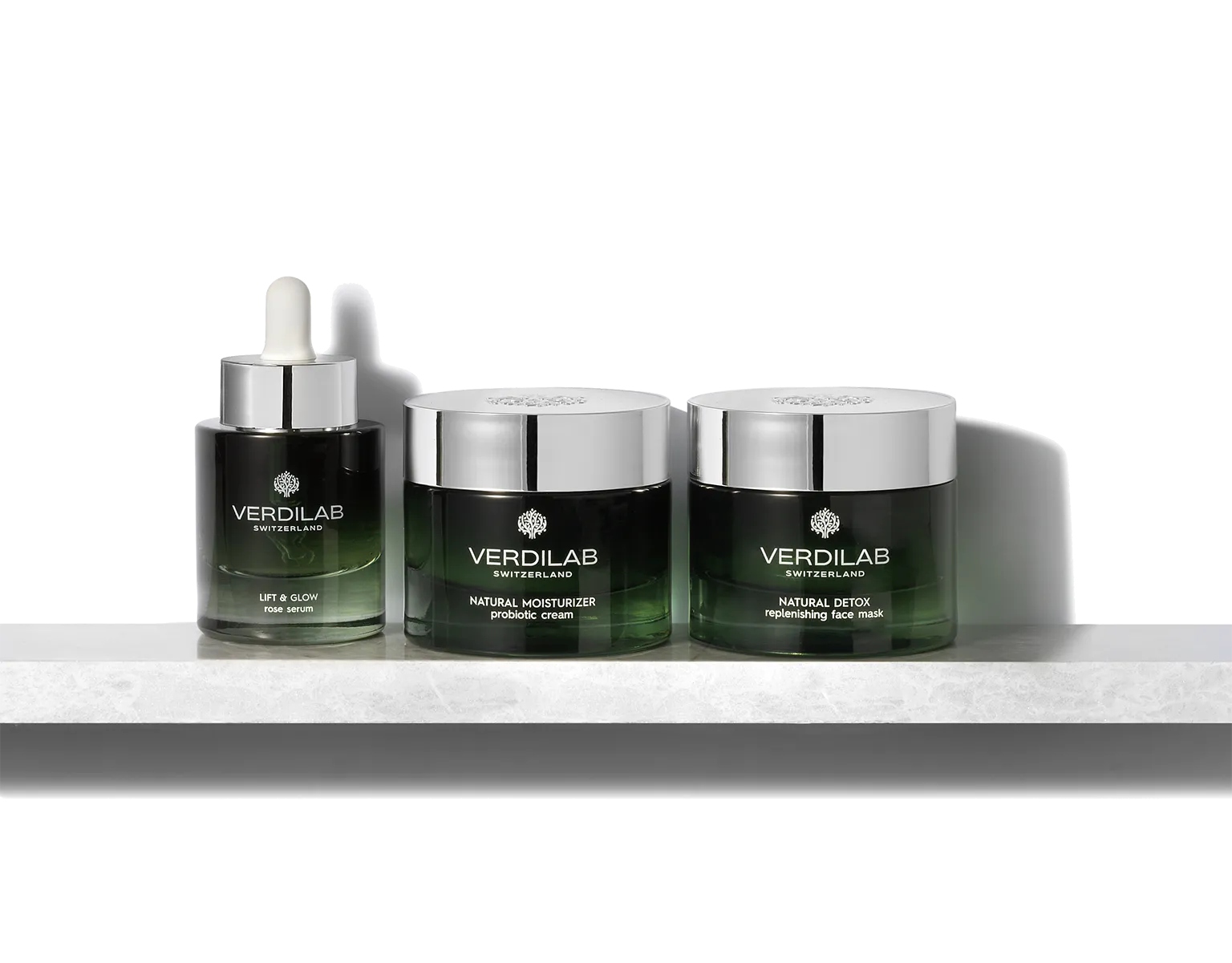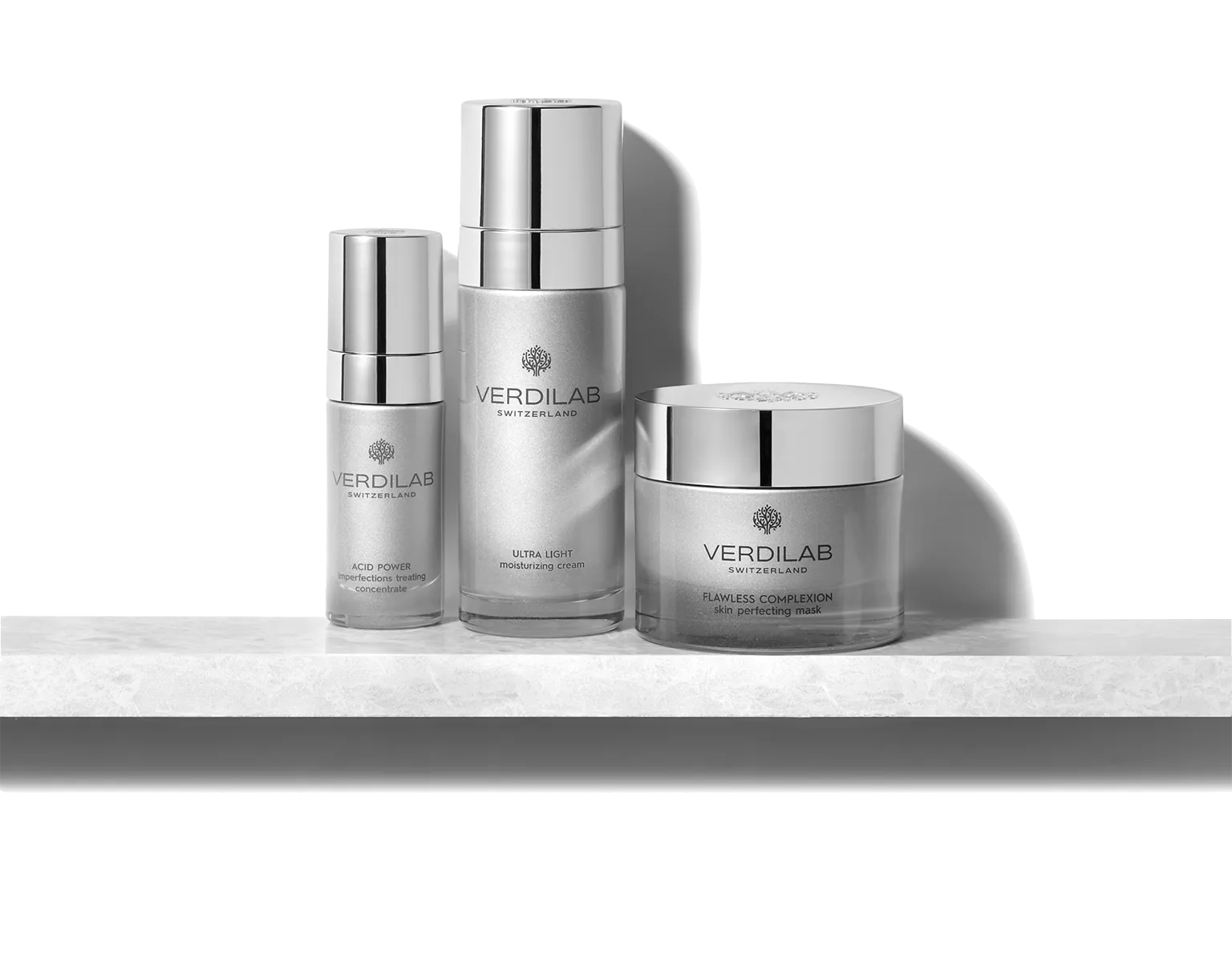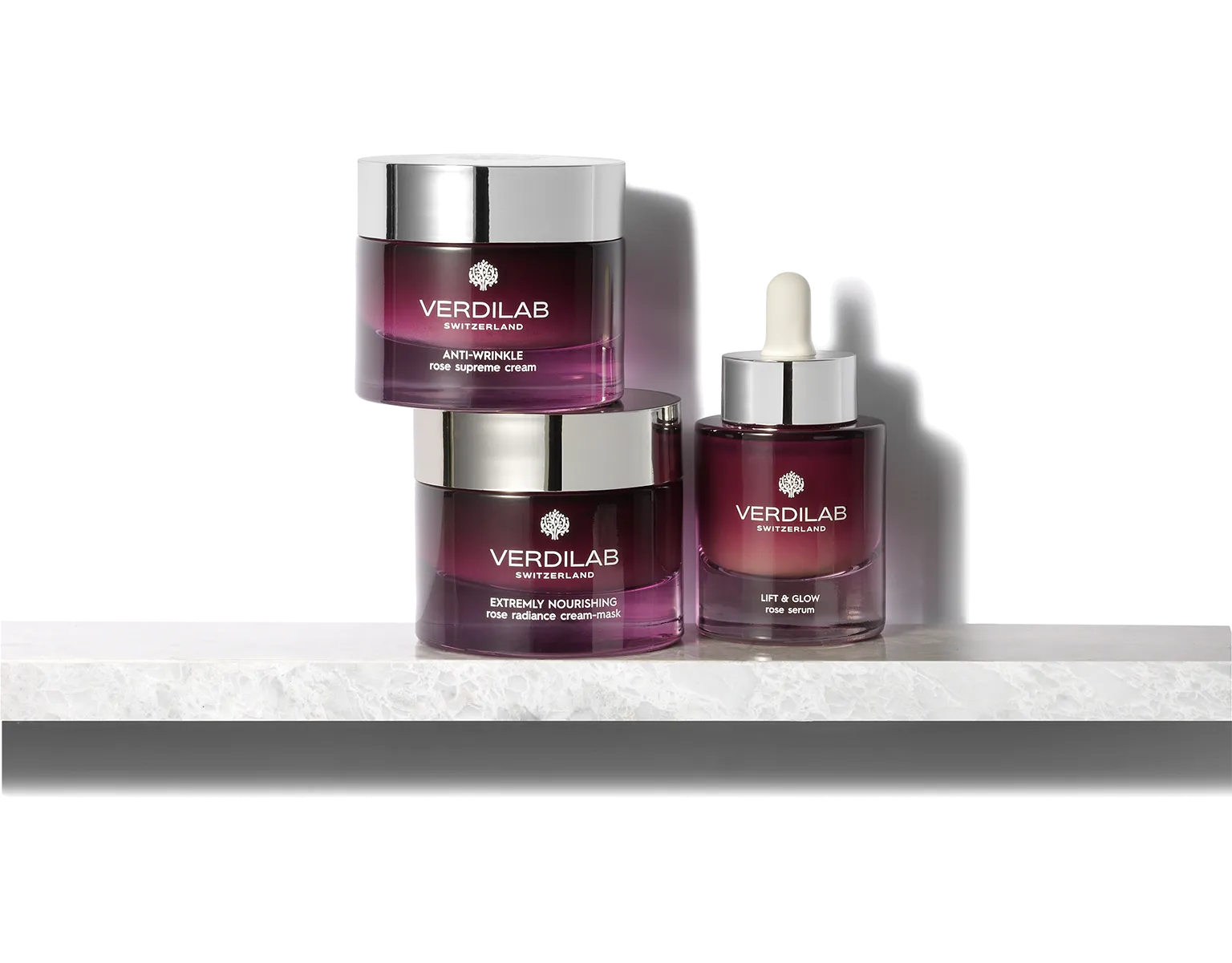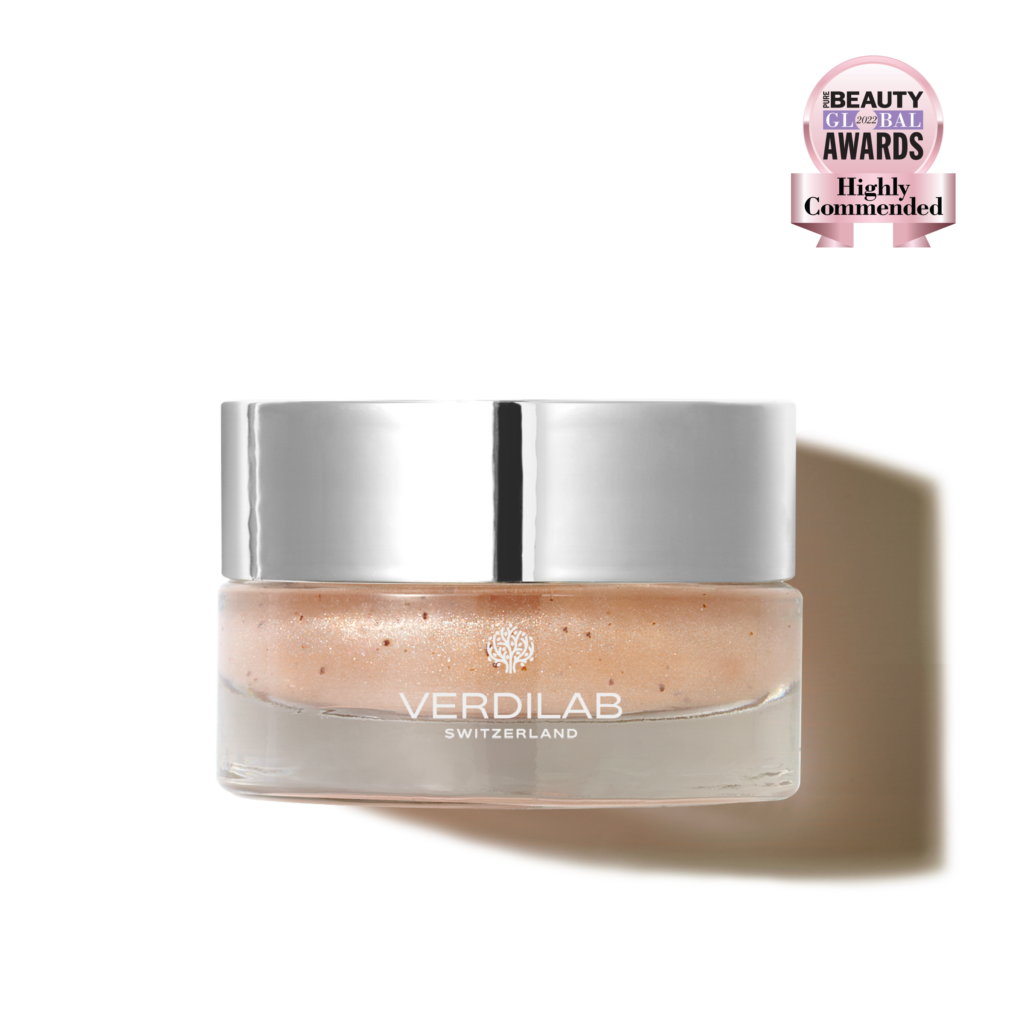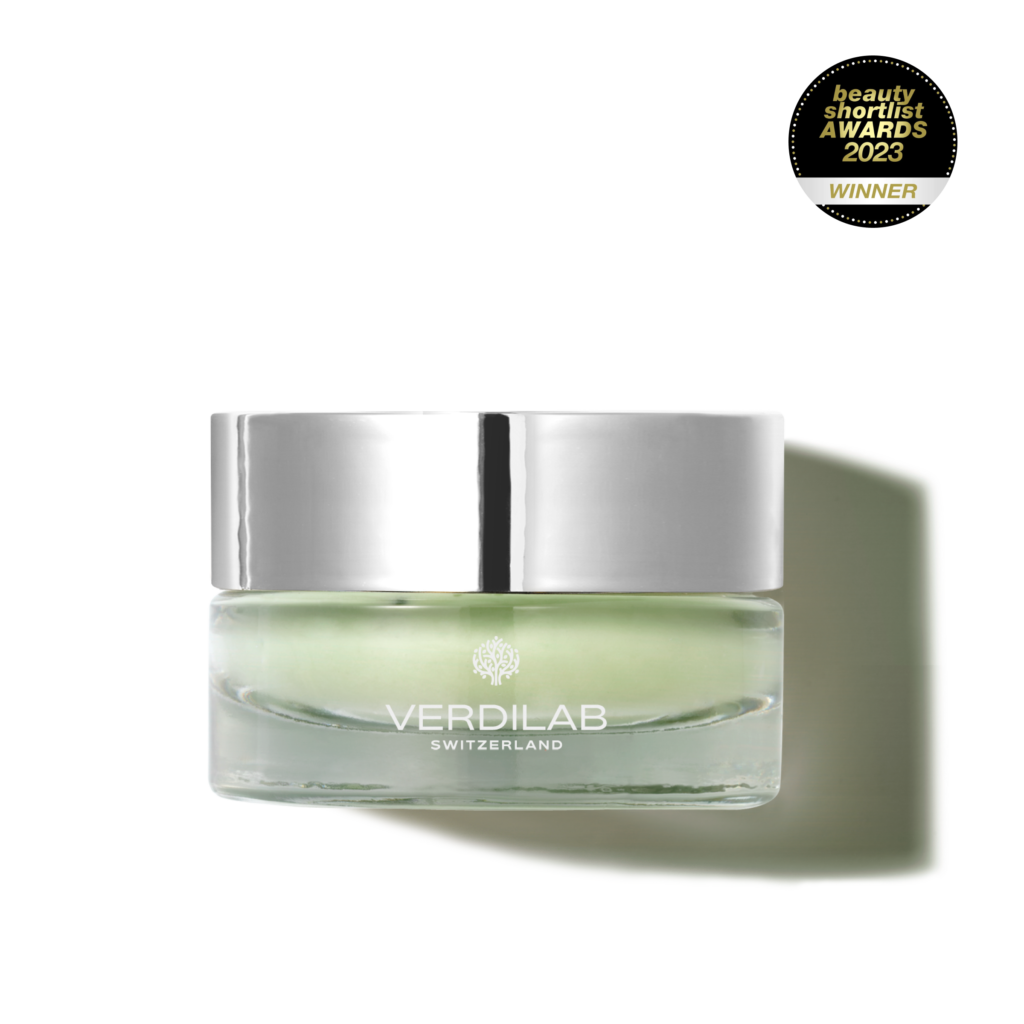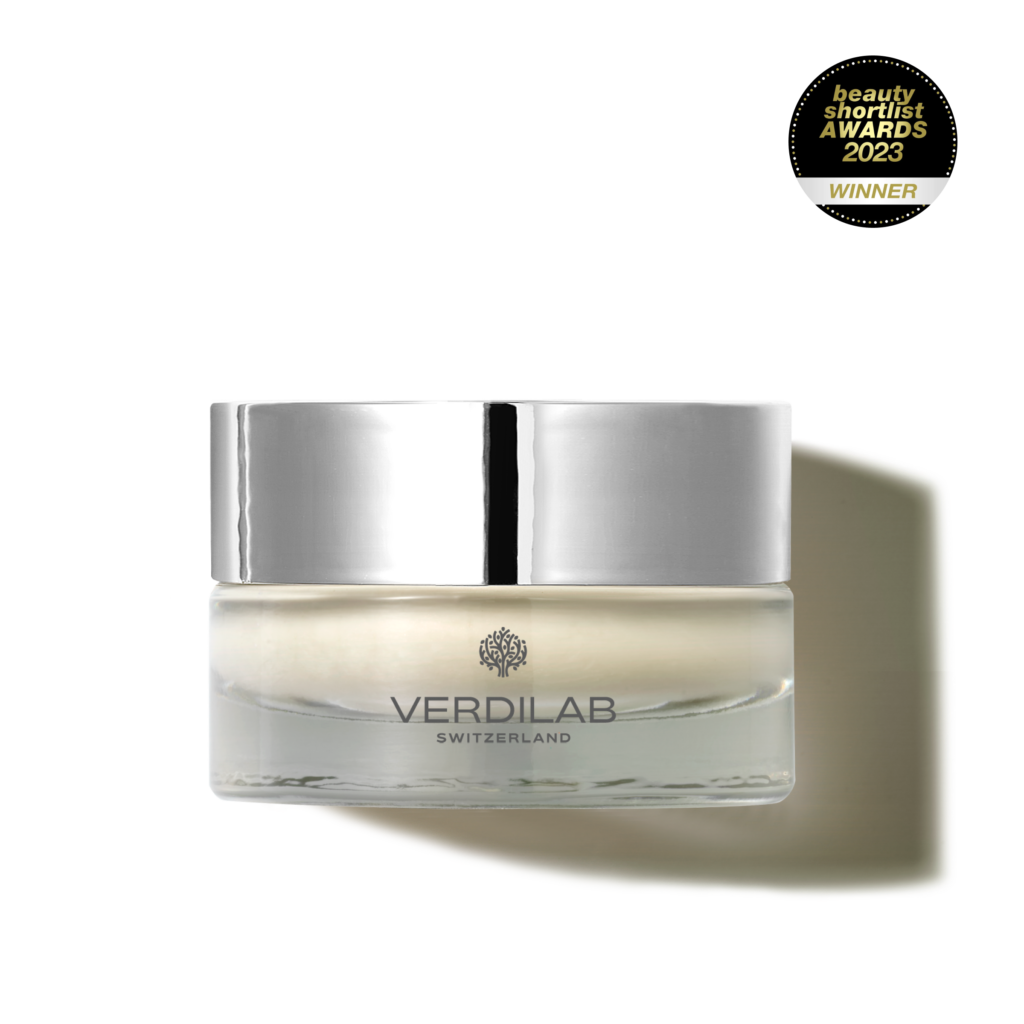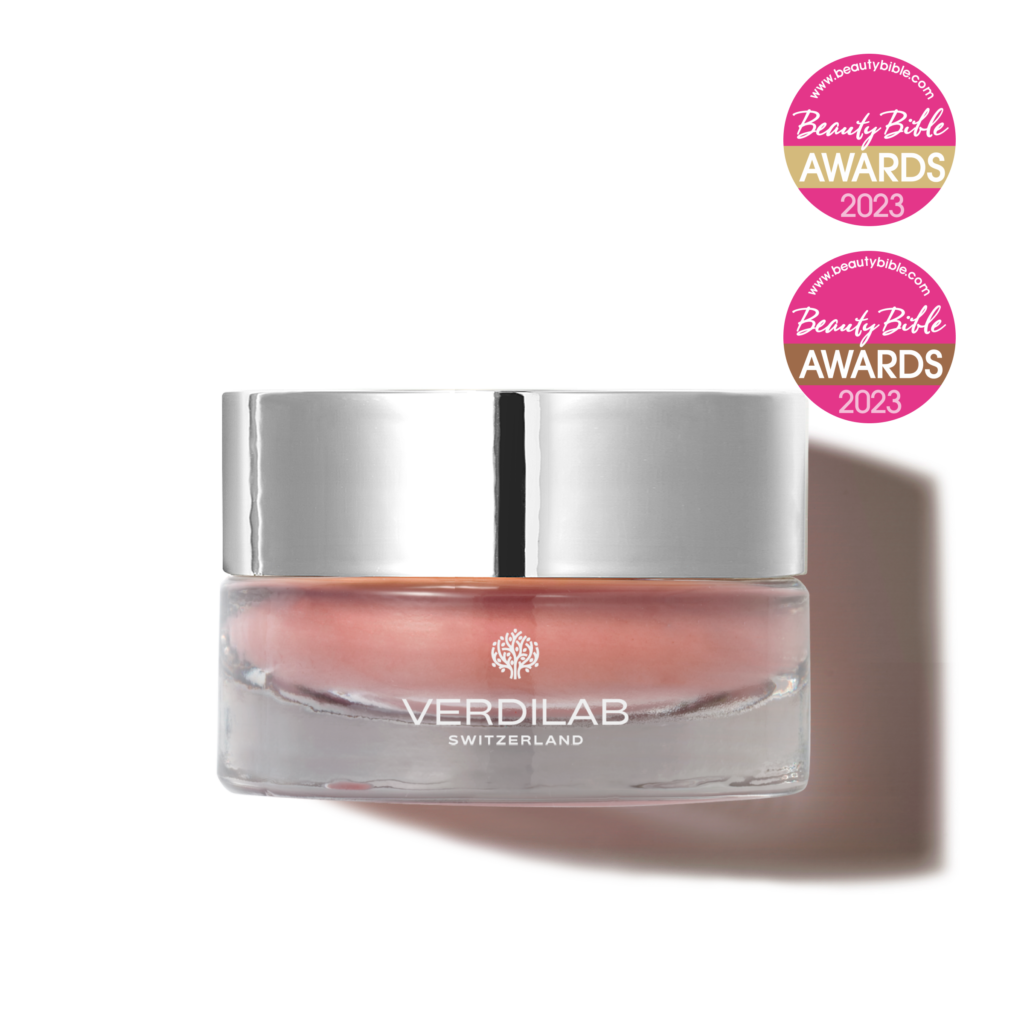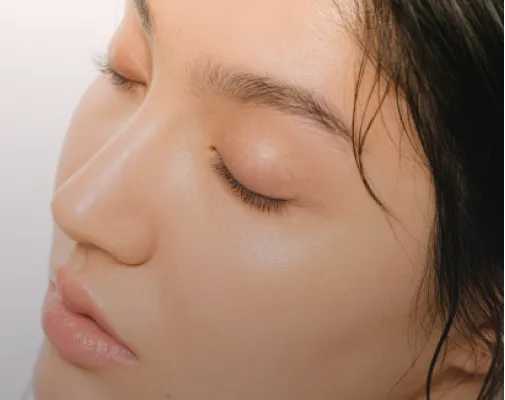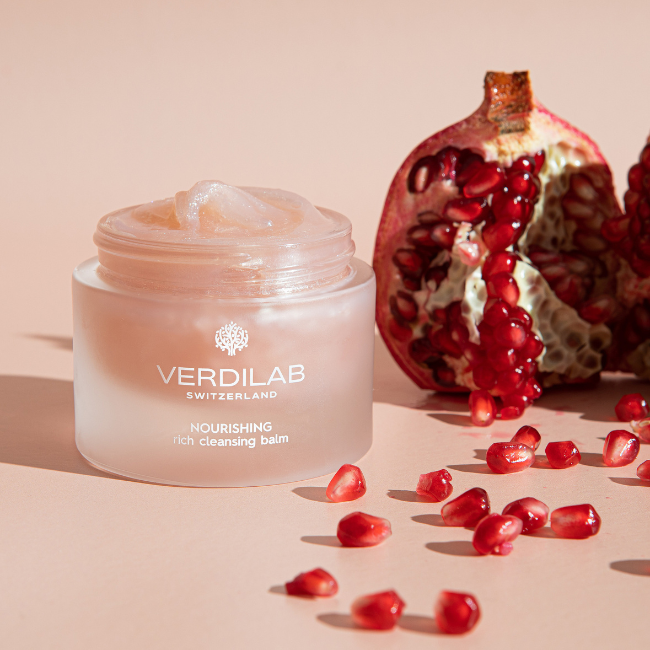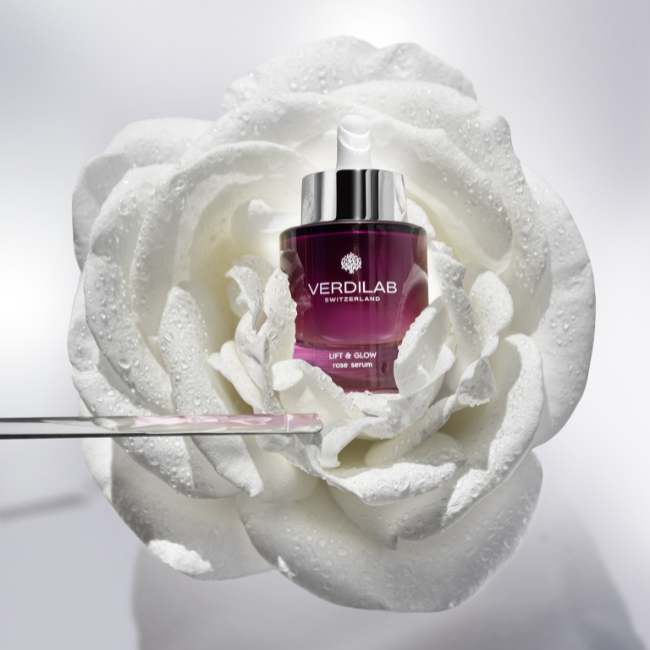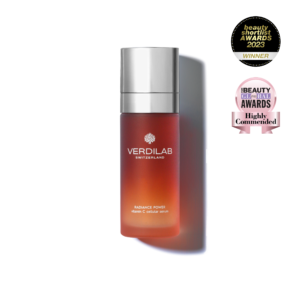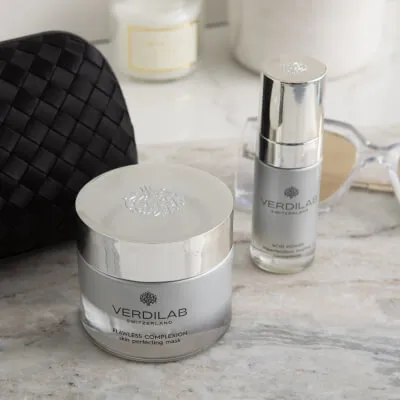- Why Add Vitamin C Serum to Your Skin Care Regimen?
- Tips for Using Vitamin C Serum
- Vitamin C serums work best in the morning
- Don’t combine vitamin C with certain other ingredients
- Keep vitamin C from reacting with other ingredients
- Be careful when using it with retinol
- How Often Should You Be Using It?
- Vitamin C Serum Benefits
- Potential Side Effects and Risks of Vitamin C Serums
- Q&A
Your skin takes a lot of punishment from pollution, stress and the sun. If you want to keep it looking young and healthy, adding vitamin C serum to your skincare routine is a must. The following guide will outline how you can add vitamin C serum to your daily routine to get radiant, younger-looking skin and other benefits.
Why Add Vitamin C Serum to Your Skin Care Regimen?
From brightening your complexion to improving the appearance of wrinkles, there are many reasons why you should add vitamin C serum to your skincare routine. Read on to learn more about using it and why you should make it a part of your day.
Tips for Using Vitamin C Serum
Although you’re probably getting vitamin C in your diet, there’s no way to easily tell if any of its benefits are going to your skin. Using serums and other topical products is the most direct way to reap these benefits. Vitamin C is one of the most effective ingredients for getting younger-looking skin, but there are a few things you need to keep in mind when you use it.
Do a Patch Test on Your Skin
Vitamin C is safe, effective and generally well tolerated. However, when applying it topically, it’s still best to do a patch test on your skin first to see how you react to it. A patch test is easy to do—just apply a small amount of vitamin C serum to your inner arm and wait 24 hours. Then, if no side effects occur, such as a rash, redness, or hives, you can safely start using the product on your face.
Vitamin C serums work best in the morning
Vitamin C works best in the morning since it protects you from free radicals all day, and even after sunset, according to a study by Yale. So if you are using it in the morning, you should apply it before heading out for your morning jog or stroll around town. Moreover, vitamin C can work effectively in the evenings. So put it on before your nighttime moisturizer.
Use it at the end of your skin-care routine
Vitamin C products are known to be acidic, so it’s recommended that you use them in a way that doesn’t interfere with other ingredients. A good rule of thumb is to cleanse, tone, apply vitamin C serum and then moisturize. You can also find vitamin C serums in moisturizing base formulas for combination or oily skin types.
Determine the right concentration for your skin type
There are three main types of vitamin C that you can use for your skin: Ascorbyl Glucoside, Ascorbic acid and Magnesium Ascorbyl Phosphate (MAP).
Since Vitamin C is fragile, unstable and easily oxidized, Verdi Labs only uses its ultra-stable form Ascorbyl Glucoside in our vitamin C serum. That’s good news since its effectiveness means it’ll reach your skin intact and not decompose and give off a weird smell.
Don’t combine vitamin C with certain other ingredients
Avoid using vitamin C with products that contain retinyl palmitate, an ester of retinol and palmitic acid, and niacinamide, a form of vitamin B3. Both of these ingredients can make your skin more sensitive to the sun’s rays.
Keep vitamin C from reacting with other ingredients
If your skin is not sensitive and you are not going to be out in the sun for extended periods, you can wear a combination of vitamin C, retinol, and niacinamide.
However, don’t put them on simultaneously, or they can react with each other. Instead, wait 30-40 minutes between applications of each one. This will keep the ingredient from interacting adversely—giving your delicate facial skin the time it needs for normalizing.
You may notice some skincare products contain a combination of vitamin C, retinol or niacinamide. It will be ok to use them since they are formulated with a time-release formula that ensures all ingredients aren’t activated at the same time.
Be careful when using it with retinol
Retinol makes your skin more sensitive to the sun’s rays, which is counteracted by vitamin C. However, you should avoid applying these products together if you’re planning on spending extended periods under direct sunlight. You can use them at night or in low-light conditions instead.
Store your vitamin C serum correctly
Vitamin C is sensitive to exposure to light and air, so store your product in a cool, dark location like the refrigerator or cabinet for maximum effectiveness.
Check for proper packaging
Vitamin C serum should be packaged in darker or opaque glass bottles to protect the contents from light exposure. Therefore, avoid buyingVitamin C serums packaged in clear bottles.
Look for these ingredients in your vitamin C product
You want to look for ingredients that deliver maximum benefits when used with vitamin C. For instance, products that add vitamin E deliver it more effectively. Also, if your product contains ferulic acid, it enhances vitamin C’s effectiveness in protecting the skin from UV damage and free radicals.
Start with the right strength
Your skin’s pH is slightly acidic, with a pH of below 5 on average. You want to pick a vitamin C serum that won’t upset the balance of the beneficial flora that resides within it. RADIANCE POWER Verdi Labs Vitamin C Cellular Serum by Verdi Labs with a pH of 5.0-5.5 is engineered to be safe for sensitive skin.
What to do if your product has changed characteristics
Vitamin C is sensitive to light and air, and if it has changed color, smell or consistency, it means that it may have oxidized or lost its effectiveness due to exposure to heat, light or air. Throw out the product if this happens.
What color should vitamin C serum be?
Vitamin C serum should be clear, white or light champagne-colored. If the product is dark or cloudy in color, it likely has oxidized and shouldn’t be used. If the serum is brownish or yellowish in color, it could indicate the maker of the product is adding a tint to disguise when it breaks down. However, it’s normal for vitamin C moisturizers to contain color sometimes since other ingredients contained in them may tint the mixture.
How Often Should You Be Using It?
You should apply vitamin C serum once daily on your face. You can also use it on other areas that are exposed to the sun, like your neck and forearms. If you’re using a product with 20% of Vitamin C or more, you can massage it into the skin for better absorption.
Vitamin C Serum Benefits
Vitamin C is known to be effective in protecting your skin from sun damage, but it has other benefits as well. For example, it helps improve the appearance of scars and dark spots on your face or body caused by acne breakouts or past injuries. Vitamin C also boosts collagen production, which results in firmer-looking skin that will reduce sagging over time.
Here are a few other benefits you’ll get with vitamin C serum:
- Hydration: Vitamin C helps to hydrate your skin by attracting water molecules. It’s also naturally present in the body. Studies show that it increases collagen production and protects against UV rays, which can cause dehydrated skin.
- A bright complexion: Antioxidants in the serum reduce free radicals in your cells to prevent damage caused by them. They are responsible for skin discoloration and hyperpigmentation. The antioxidants in vitamin C protect your skin against free radicals by neutralizing them before they can cause damage.
- Improved appearance of wrinkles: When you age, collagen production slows down significantly. Vitamin C helps to boost collagen levels so that it plumps up your skin cells effectively reducing fine lines and wrinkles.
- Protection from environmental damage: Since it’s an antioxidant, vitamin C can help protect your skin from free radical damages brought by pollution and sun rays.
- Banishes under-eye wrinkles: Vitamin C smooths out fine lines by plumping and hydrating the under-eye area. Some people say that it can help alleviate discoloration associated with under-eye circles.
Potential Side Effects and Risks of Vitamin C Serums
If your skin is sensitive to vitamin C, you might experience redness or stinging when using it. If this happens, reduce the concentration of vitamin C in your product and apply it every other day until your skin adjusts. You can also mix a drop with moisturizer before applying it on a clean face for less irritation.
Be careful with topical application of vitamin C serum, especially around your eyes and mouth, as they are sensitive areas that can be irritated easily.
Q&A
Here are answers to questions that are commonly asked about vitamin C serums.
Can I use Vitamin C serum every day?
You can use it every day so long as you don’t experience any negative side effects.
When is the best time to use it?
It’s best to use it at night before going to bed, but you can also apply it during the day under your sunscreen.
How do you apply Vitamin C serum at night?
You can apply vitamin C serum at night according to the manufacturer’s directions and give it time to absorb your skin.
Can I combine it with other skincare products?
Yes, vitamin C serum is safe for combination with other skincare products like moisturizers or serums as long as their active ingredients do not cause irritation or interact if used together.
Should I use Vitamin C serum once or twice a day?
Vitamin C serum is typically applied 1-2 times per day.
What are some common vitamin c serum side effects?
Common side effects are stinging, redness, irritation or scaly skin.
Can you use vitamin C serum and hyaluronic acid?
Vitamin C serum can be used with hyaluronic acid to make it more effective.
How do I apply it?
To get glowing skin with Verdi Lab’s Vitamin C Cellular Serum, apply a small amount of serum (about the size of two peas should be sufficient). You can apply it morning and night after cleansing your face and neck, gently patting the serum into the skin while avoiding delicate eye areas. Wait until it is fully absorbed, and then you can continue your skincare regimen with your go-to VERDILAB cream.
Why is vitamin C serum making my face red?
Although vitamin C is generally well-tolerated, some people may react negatively to high concentrations of vitamin C serum due to allergies or adverse reactions. Also, if you are mixing ingredients that interact, it can cause redness.
You may also need to cut down on how often you use it (e.g., use it every other day instead of every day). If the redness continues, switch to a lower pH level, somewhere between 2.5 and 3. Lastly, make sure the maker isn’t adding other ingredients you may be allergic to.
How do I know if it’s working?
The natural flash skin perfector in Verdi Lab’s RADIANCE POWER Vitamin C Cellular Serum starts to revitalize your complexion with just one application. It instantly energizes and firms the skin, restoring your skin’s original glow.
The Takeaways
By now, you should have a better understanding of how to use vitamin C for your skin. Before starting your regimen with this product, do some research first about its side effects so that you can avoid any unwanted skin reactions or issues during use. Always remember to patch test first before applying it all over your face. Once you start noticing improvements though, you’ll be glad that you started using Verdi Lab’s vitamin C serum!
